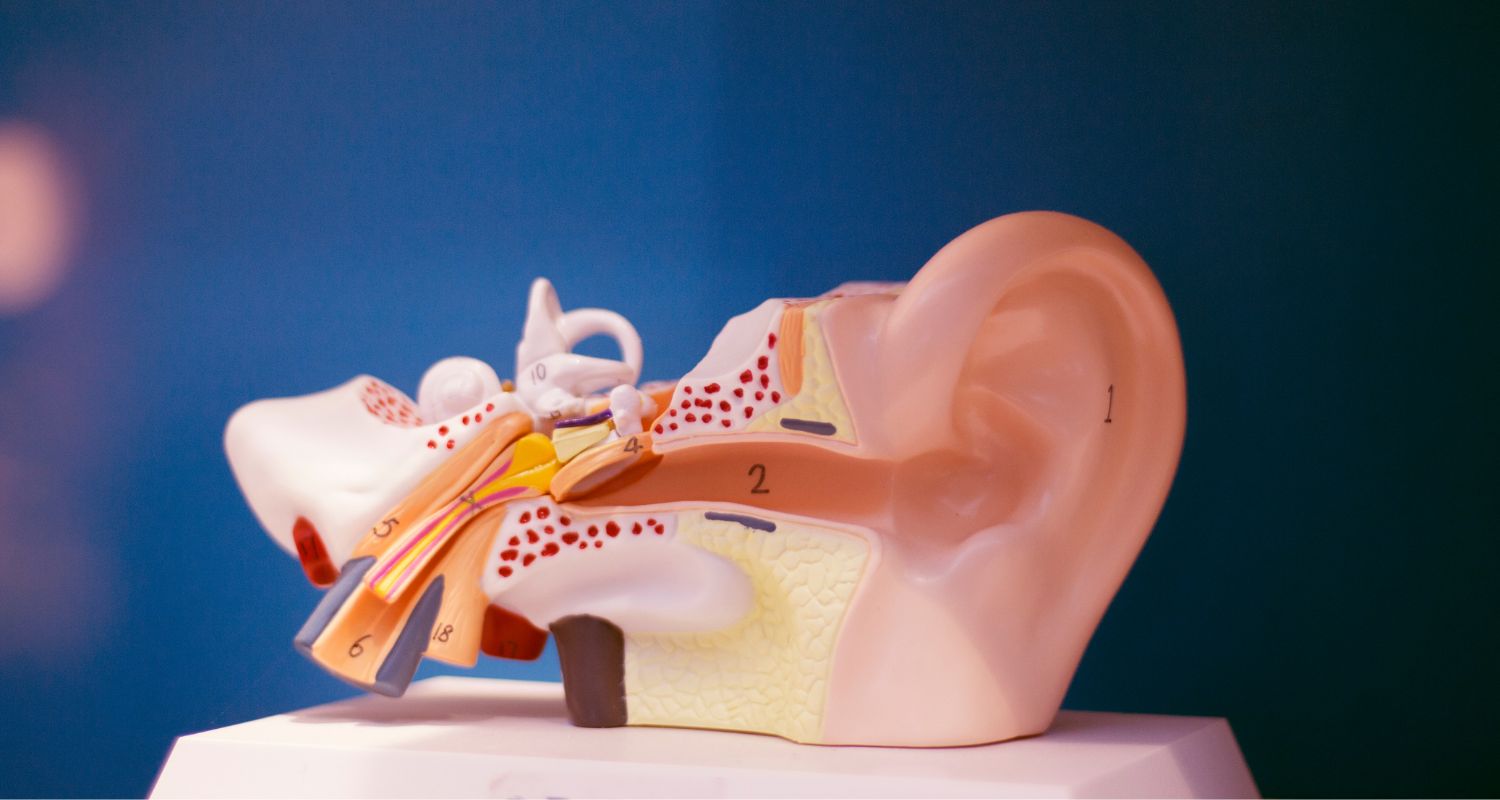Can Stress Trigger Vertigo?
Vertigo can be an overwhelming and stressful experience that impacts mobility and wellness in everyday life. Understanding triggers for vertigo can best help you manage and alleviate symptoms. Studies show that stress can activate and/or worsen vertigo. Engaging in interventions that reduce stress can significantly reduce it.
What is vertigo?
Vertigo is the sensation of everything spinning even when you or nothing in your environment is moving. It can cause a sense of dizziness or feel unbalanced. Vertigo is a symptom of an underlying condition that typically involves the vestibular system which is the sensory system that mangoes balance. This includes the vestibular labyrinth which encompasses semicircular canals, otolithic organs, and the cochlea. Sensory cells in the labyrinth act as receptors which work with these components to send information about spatial orientation, position, and movement to the brain. This is what allows us to walk without falling and to maintain stability as we move through space.
Various conditions affect the vestibular system which often produces vertigo as a common symptom. This includes inner ear disorders like Meniere’s disease, cholesteatoma, viral infections that lead to vestibular neuritis or labyrinthitis, and benign paroxysmal positional vertigo (BPPV). Vertigo is often experienced as dizziness, dizzy spells can be short or long, and additional symptoms associated with vertigo include:
- Loss of balance falls
- Nausea, vomiting, motion sickness
- Headaches or migraines
- Sweating
- Tinnitus: a ringing or buzzing-like noise in the ears
- Feeling pressure or fullness in the ears
Vertigo can be intermittent with dizzy spells occurring with a lot of time in between or occurring more frequently. This can impact health and wellness daily. Understanding potential triggers like stress can best help you manage your vertigo.
What is the link between stress and vertigo?
Studies show that there can be a correlation between stress and vertigo. This includes a study conducted by researchers in Japan who examined the relationship between stress and vertigo symptoms. They did this by assessing levels of vasopressin which is a stress hormone among 297 people who had Meniere’s disease – an inner ear disorder that causes vertigo. Researchers separated participants into a few groups, one control group and additional groups who received different therapeutic interventions. These interventions were designed to reduce stress and included increased water intake, quality sleep, and tympanic ventilation tubes. After assessing participants for two years, researchers found that therapeutic interventions reduced stress levels which significantly alleviate vertigo symptoms and even eliminated drop attacks (attacks are sudden falls caused by vertigo).
In addition to the evaluation of vasopressin, experts suggest that other stress-related hormones like cortisol and adrenaline can also impact the vestibular system. These hormones often elevate the heart and respiratory rates and can also contribute to dizziness. These physiological shifts can impact the messages sent from the vestibular system to the brain about movement and spatial orientation.
How is vertigo treated?
There are ways that vertigo can be effectively managed. Treatment options depend on identifying the underlying cause and finding solutions to address it. This can include:
- Medications: antibiotics can be prescribed to clear any viral or bacterial infections causing inflammation in the vestibular system. Different medications can also be recommended to alleviate common symptoms like dizziness and nausea, typically resulting from inner ear disorders.
- Vestibular Rehabilitation Therapy (VRT): this type of specialized therapy involves repeating exercises that focus on gaze stabilization, balance training, and habituation of movements without triggering vertigo.
- Canalith Repositioning: this treatment is specifically used to treat BPPV which causes vertigo. It involves a specialist facilitating certain head movements to readjust and realign the calcium deposits in the otolithic organs that become dislodged.
In addition to these treatment options, there are several strategies you can practice at home to alleviate vertigo, this includes managing stress effectively.
What are additional tips to manage vertigo?
In addition to treating underlying conditions, it is important to reduce and manage stress effectively. A few tips to help with this include increasing exercise by integrating a daily walk, engaging in meditation and activities like yoga as well as breathing exercises, and improving sleep by establishing a calming night routine.
Contact us to learn more about vertigo and ways you can alleviate symptoms and boost your wellness.







Leave A Comment